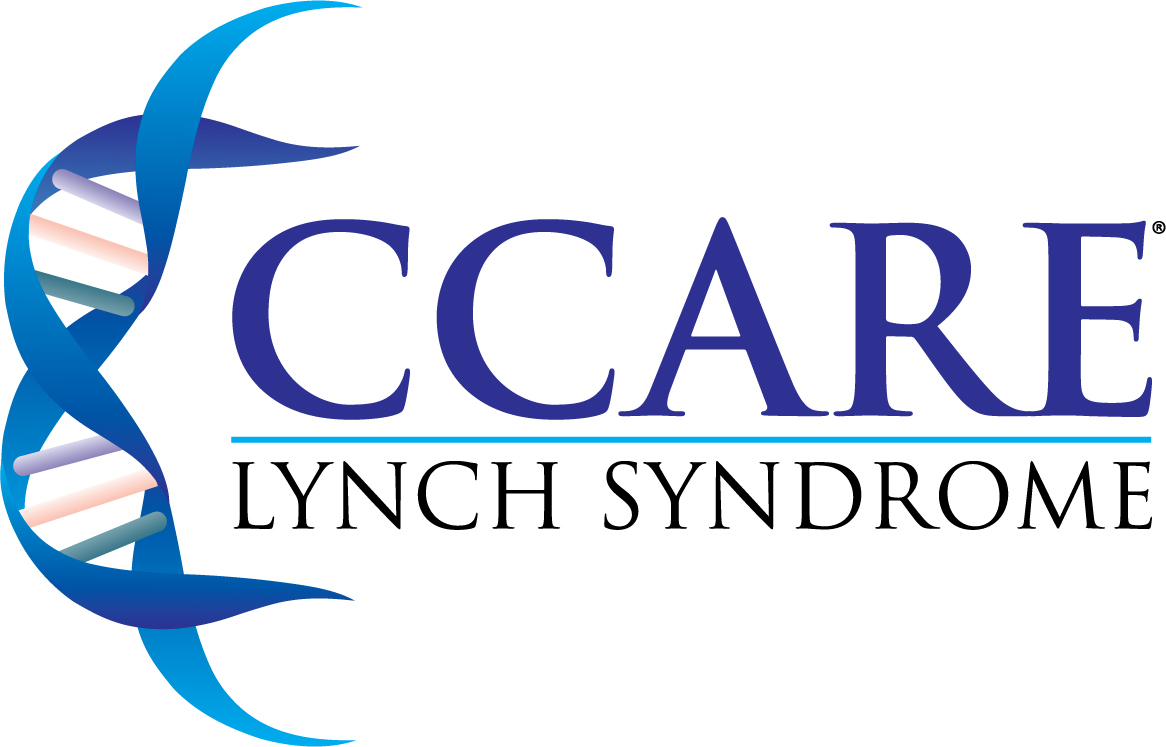Cancer Screening
Types of Colon Cancer Screening Tests
Doctors consider a colonoscopy the “gold standard” or the best test for colorectal cancer prevention. However, most people try to avoid this procedure because of embarrassment, cost, discomfort, and the prep required to clean out the colon. Fortunately, anesthesia has made this process tolerable, and the Affordable Care Act (ACA), also commonly known as Obamacare, requires insurance companies to pay for the procedure, which may cost between $2,000 - $5,000 otherwise. Scientists have developed two other methods to help detect early colorectal cancer. These are stool and blood tests. These are both easier to do, take less time, and have less risk of complications. The stool tests look for traces of blood and tumor DNA. The blood tests look for traces of tumor DNA and RNA. The stool tests are the least expensive option, up to $700, and are usually covered under the ACA while the blood tests cost around $1,500 and are not always covered by insurance. While cost is important, the most important question is Are they as good as a colonoscopy?
To evaluate the effectiveness of these options, an article just published in the Annals of Internal Medicine by Dr. Uri Ladabaumi compared a colonoscopy every 10 years, a stool test every year, or a blood test every 3 years vs no screening. Of those 3 main options to look for colorectal cancer, regular colonoscopies proved to be the most effective method in reducing the risk of getting colorectal cancers. This is because colonoscopies also detect and remove colon polyps before they turn into cancers. More importantly, the risk of dying from colorectal cancer was reduced 81% with colonoscopies, about 74% with the stool tests, and 55% with the blood tests, when compared to not screening. Thus, whichever method you choose, they are all effective, with a colonoscopy still the best test.
While all 3 methods can detect cancer, only colonoscopies are recommended for people at high risk, such as Lynch syndrome. The main reason is effectiveness. As shown above, colonoscopies significantly reduce the death rate from colon cancer compared to the stool or blood tests. The second reason is the ability to remove precancerous lesions. And lastly, colorectal cancer with Lynch syndrome grows faster so it is important to identify and remove abnormalities as soon as possible.
Uri Ladabaum, Ajitha Mannalithara, Robert E. Schoen, et al. Projected Impact and Cost-Effectiveness of Novel Molecular Blood-Based or Stool-Based Screening Tests for Colorectal Cancer. Ann Intern Med. [Epub 29 October 2024]. doi:10.7326/ANNALS-24-00910
When should I be screened?
These recommendations are based on a review of current published medical literature. You should discuss individual screening with your personal physician. A more detailed review of the screening process is available in the physician section on this website.
Colon
| Non-Lynch | Lynch | |
|---|---|---|
| Initial Colonoscopy | Age 45 or 10 years before a first degree relative with colon cancer or colon polyps | Age 25. Sooner based on family history. |
| Follow-up Colonoscopy | Every 5-10 years based on history. Every 1-5 years based on biopsy results | Every 1-2 years until age 39. Every year at age 40 |
Uterine – Endometrial
| Non-Lynch | Lynch | |
|---|---|---|
| Pelvic Examination (medical exam of uterus and ovaries) | Every 1-2 years | Every year |
| Endometrial Biopsy (small tissue sample taken from the lining of the uterus) | Based on symptoms or examination | Every Year starting age 30-35 |
| Ultrasound (scan of the uterus and ovaries) | Based on symptoms or examination | Every year starting age 30-35 |
| Hysterectomy (removal of uterus) | Based on symptoms | Consider to prevent in high risk groups |
Ovarian
| Non-Lynch | Lynch | |
|---|---|---|
| Pelvic Examination | Every 1-2 years | Every year age 30 |
| Pelvic Ultrasound | Per symptoms / exam | Yearly age 30. Sooner per exam / symptoms. |
| Oophorectomy (removal of ovaries) | Per symptoms / abnormal examination. Optional if having a hysterectomy. | Consider for prevention in high risk groups. Recommended if having a hysterectomy. |
Stomach
| Non-Lynch | Lynch | |
|---|---|---|
| EGD (Scope of the esophagus and stomach) | Based on symptoms | Consider every 1-5 years when a colonoscopy is performed |
| CAT Scan | Based on Symptoms | Based on symptoms, but low threshold to order scan |
Pancreatic
| Non-Lynch | Lynch | |
|---|---|---|
| MRI Scan | Based on Symptoms | Based on Symptoms, but low threshold to order scan |
Kidney
| Non-Lynch | Lynch | |
|---|---|---|
| UA (Urinalysis or a test of the urine) | Based on symptoms or with a routine physical | Every year from age 25 |
| CAT Scan | Based on Symptoms or labs | Based on symptoms or labs with a low threshold to order scan |






